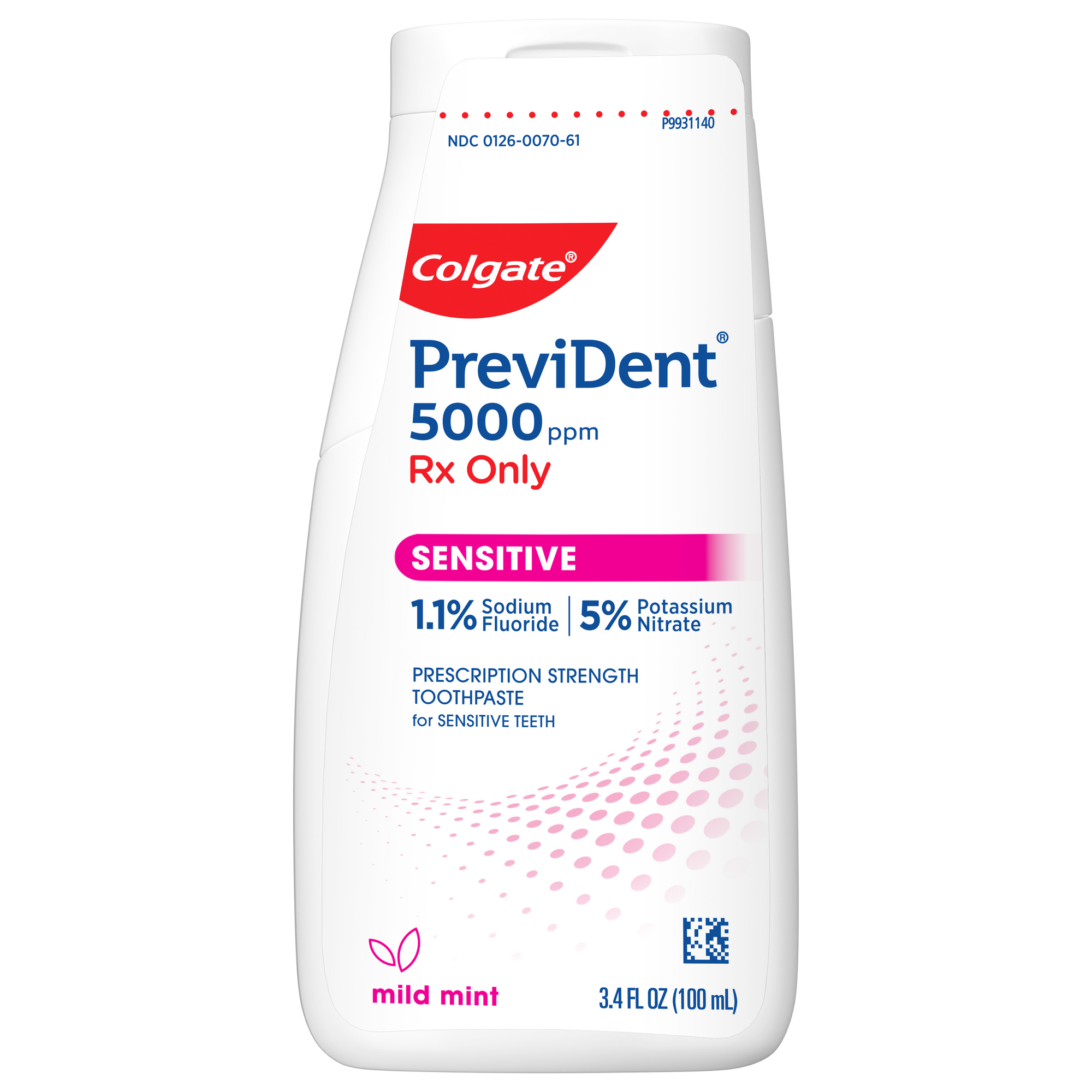Causes of a Sore Tongue and Throat
A sore throat is marked by pain, irritation, and scratchiness, which can be more noticeable when you swallow. If you experience swelling on the tongue and discomfort when eating or drinking certain foods (hot, spicy, and acidic foods and beverages), you may have a sore tongue. Some of the common reasons for a sore tongue and sore throat are:
Mouth ulcers
Mouth ulcers, also known as aphthous ulcers or canker sores, are small, painful sores that develop inside the mouth. Areas that can be affected include the tongue, inner cheeks, gums, and tonsil area. Mouth ulcers are white, yellowish, or grey in color and have a red border. If you experience a burning or tingling sensation on your tongue and throat, look inside your mouth to determine if there are any sores. The good news is that these will heal with minimal to no treatment. But if they persist or do not recover within 7-14 days, you should consult with your dentist or doctor.
Oral Thrush
Oral thrush, also known as candidiasis, is a condition that affects the tongue and throat too. The candida organism normally lives in the mouth, throat, and the rest of the digestive tract. An overgrowth of this organism can result in an infection. Symptoms include creamy white lesions on the tongue, inner cheeks that can spread to the palate, gums, and tonsils. You may also notice redness, a burning sensation, and soreness in the mouth and throat area that make eating and swallowing uncomfortable.
Burning Mouth Syndrome
Do you experience a sudden and recurrent burning sensation on your tongue? This may be a condition called burning mouth syndrome. It affects the tongue and other parts of the mouth like gums, lips, inner cheeks, throat, and the mouth's roof. The discomfort from this condition can be so severe that it feels like you've scalded your mouth.
Signs and Symptoms
Remember to consult with your dentist and doctor if you experience extreme and continual discomfort in the mouth. Correct diagnosis and treatment will depend on the other symptoms that accompany a sore throat and tongue. Be sure to look out for these signs:
- Discoloration on the tongue and throat
- Mouth sores
- Pain and difficulty swallowing
- Tongue swelling
- Tingling, burning, or numbness in the mouth
- Sensitivity to hot, spicy, and acidic foods
Treatment Options
The cause and severity of pain in your tongue and throat will determine the course of treatment. Implementing good oral hygiene and using a soft-bristled brush when cleaning your teeth will ease discomfort and aid your recovery. You can purchase an over-the-counter mouthrinse or get a prescription from your dentist to help with pain relief. Avoid hot, spicy, and acidic foods and beverages as they can further irritate the mouth.
A sore throat and tongue combination can indicate various conditions like mouth ulcers, oral thrush, and burning mouth syndrome. Dealing with oral issues as they arise enables early treatment and possible prevention of serious conditions. Protect your oral health by maintaining good dental care and regularly visiting the dentist.
This article is intended to promote understanding of and knowledge about general oral health topics. It is not intended to be a substitute for professional advice, diagnosis or treatment. Always seek the advice of your dentist or other qualified healthcare provider with any questions you may have regarding a medical condition or treatment.
ORAL HEALTH QUIZ
What's behind your smile?
Take our Oral Health assessment to get the most from your oral care routine
ORAL HEALTH QUIZ
What's behind your smile?
Take our Oral Health assessment to get the most from your oral care routine















